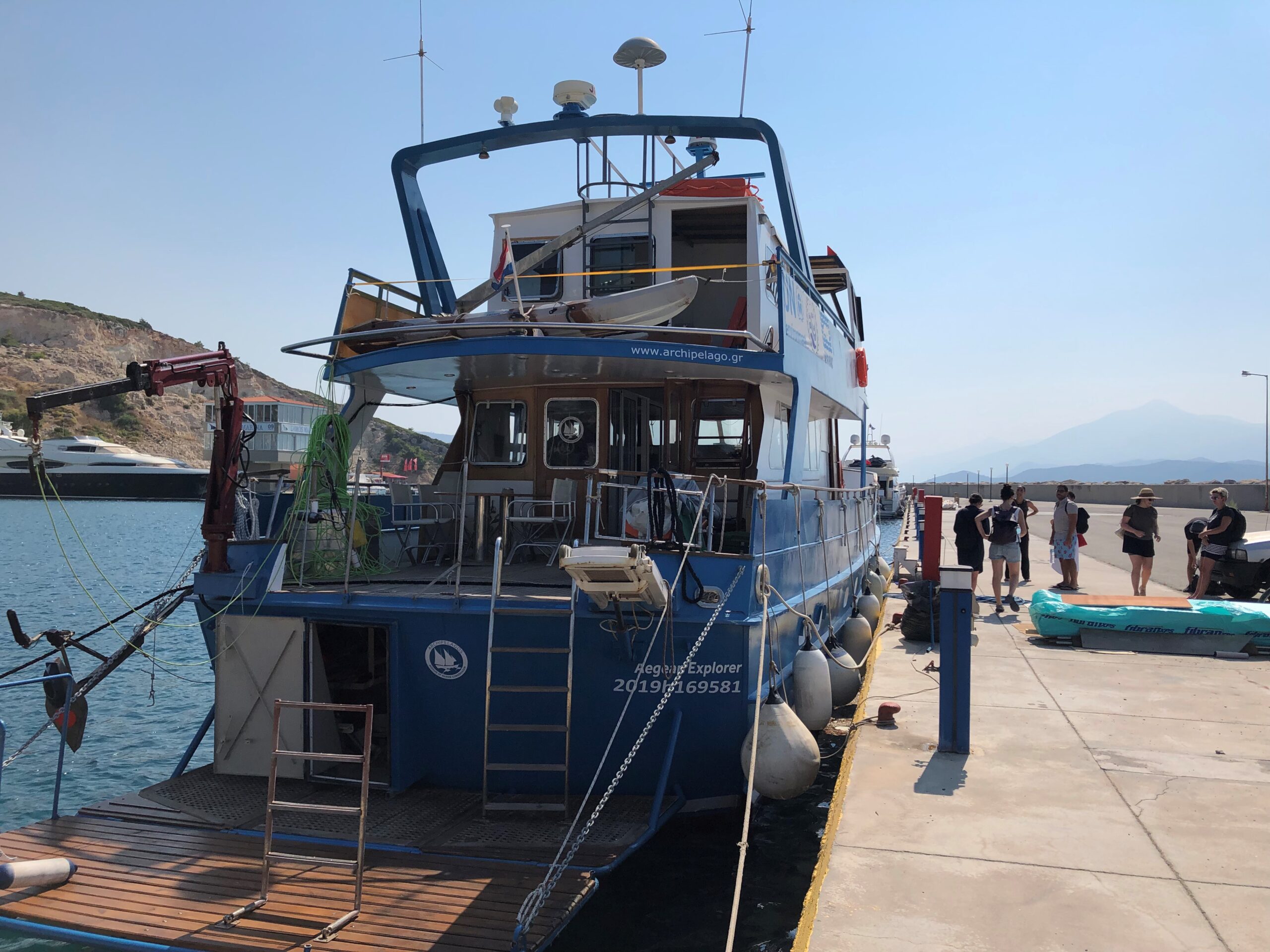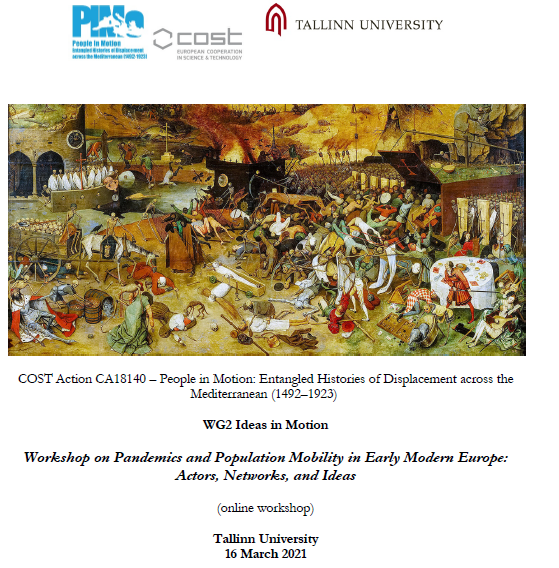Iain Chambers, Learning from the sea: migration and maritime archives.
The sea is an anarchic passage; it evades any borders, it cancels out any trace of appropriation, it contests the arché of order and subverts the nómos on land. For this reason, the sea also preserves the memory of another clandestinity, that of oppositions, resistances, struggles. Not the clandestinity of a stigma, but rather that of a decision (Di Cesare 2020, 125). Perhaps this affirmation by the Italian philosopher Donatella Di Cesare is too neat. We know that even the waters of the oceans, seas and their depths are being appropriated and increasingly resourced. Nevertheless, it serves to mark a certain limit in our reasoning and political calculus. At sea something always exceeds and flees the semantics secured on land, in the territories, buildings, monuments and laws. Thinking of the Mediterranean, Fernand Braudel (1995) famously proposed considerations of the deep rhythms of time, more recently Peregrine Horden and Nicholas Purcell (2000) have encouraged us to confront the corruptive complications of multiple ecologies. The Mediterranean does not settle easily in predestined critical or cultural location. In immediate terms, contemporary European [...]




